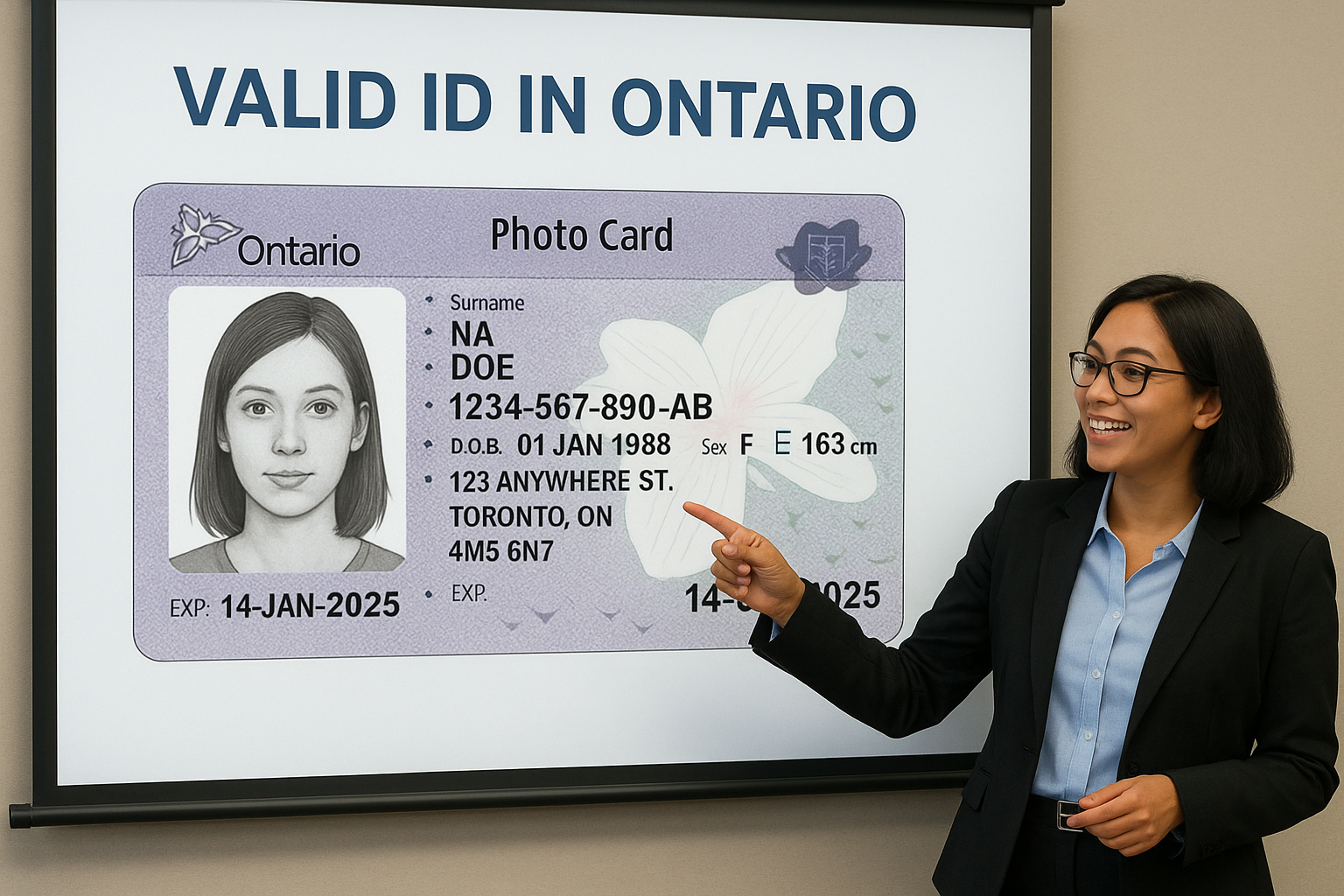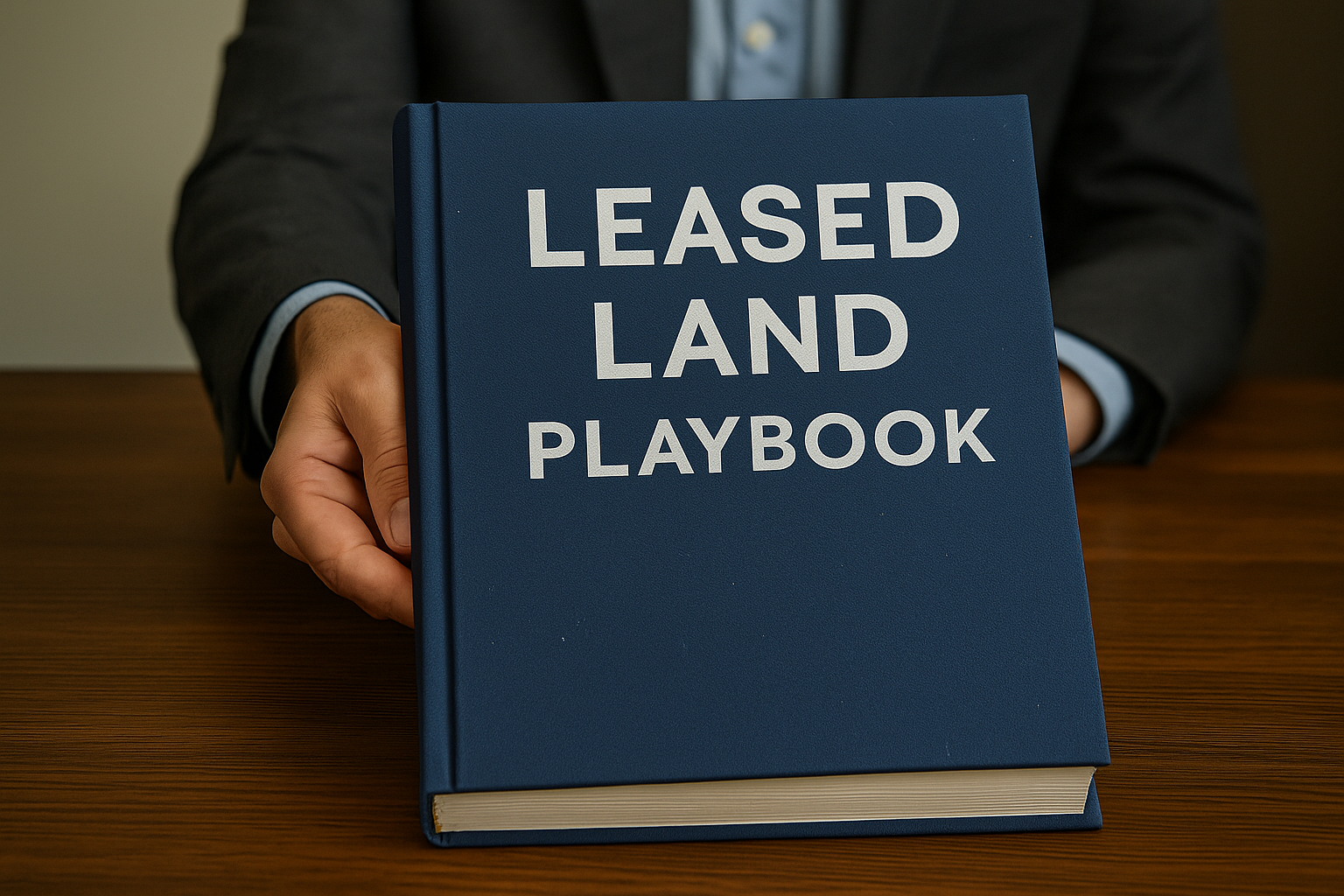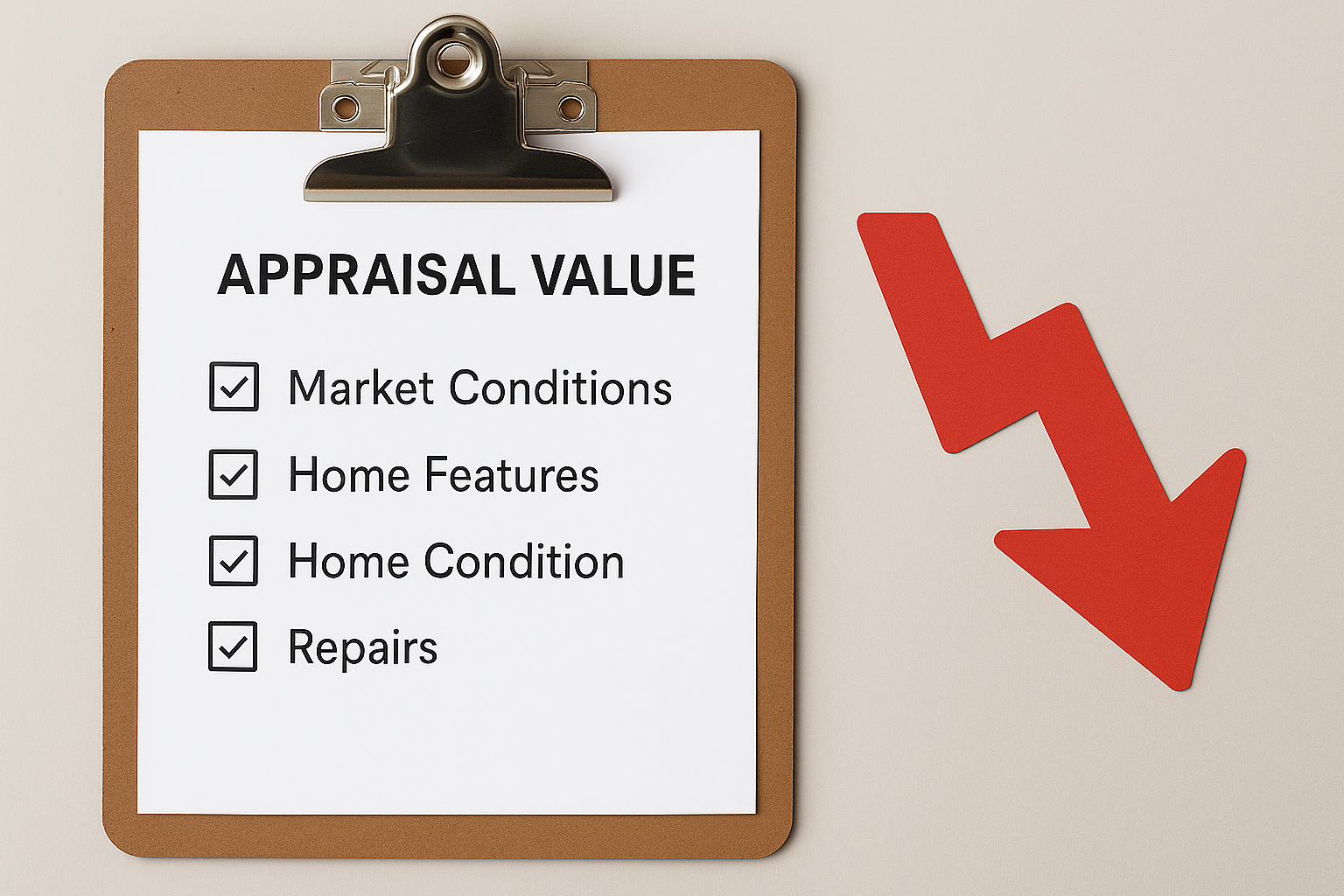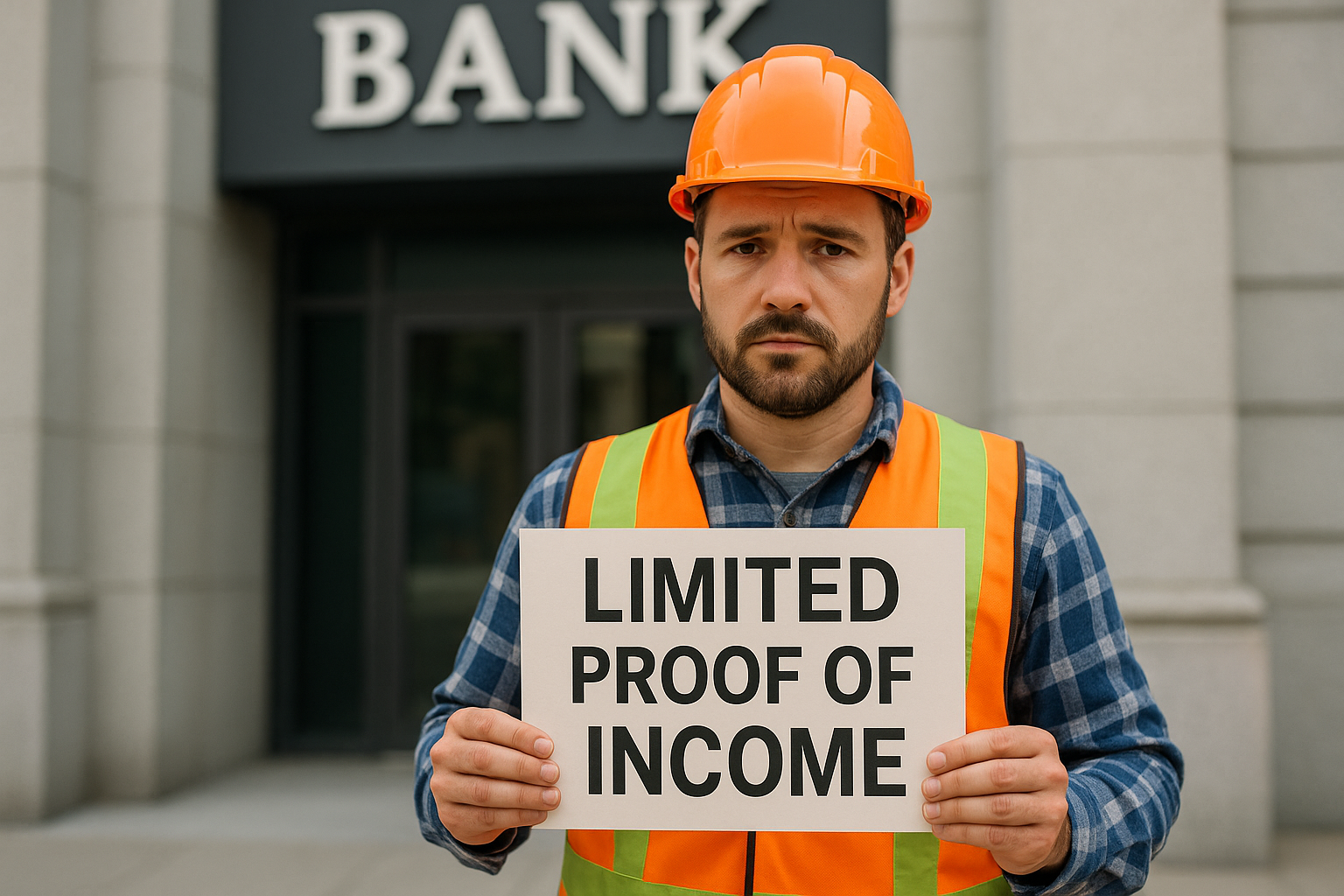Table of Contents
ToggleSelling Your Primary Home to Rent in Retirement: Is It the Right Move for Canadian Retirees?
Introduction: Why Consider Selling Your Home for Retirement?
As you approach retirement, your lifestyle and financial needs often change, prompting you to evaluate your living situation. Many Canadian retirees consider selling their primary residence to access the equity they’ve built up over the years. With rising maintenance costs, property taxes, and the effort required to care for a home, selling and transitioning to renting can be an attractive option. This move not only frees up financial resources but also provides flexibility to adjust your living arrangements as needs evolve.
According to Statistics Canada, a growing number of older Canadians are opting to sell their homes to improve cash flow and reduce living costs. This article will explore the benefits, challenges, and financial considerations of selling your primary home to rent during retirement, helping you make an informed decision.
Benefits of Selling Your Home to Rent During Retirement
Selling your home during retirement can be a smart financial decision, especially if you are looking to unlock the value of your property and enjoy greater flexibility. Here are some of the key benefits:
Increased Cash Flow and Financial Flexibility
Selling your home allows you to access the equity tied up in the property, providing you with cash that can be used for various purposes. This might include funding travel plans, covering medical expenses, or simply having a financial cushion to enjoy your retirement without stress. With the extra money, you can create an emergency fund or even invest in income-generating assets to boost your retirement income.
No More Home Maintenance or Property Taxes
Homeownership comes with ongoing responsibilities, from property taxes to maintenance and repairs. Renting, on the other hand, shifts these responsibilities to the landlord. By renting, you eliminate the costs and hassles associated with maintaining a property, giving you more time and resources to enjoy your retirement years. According to the Canadian Mortgage and Housing Corporation (CMHC), property taxes for an average Canadian home range between $2,000 and $4,000 annually, which can be a significant burden for retirees.
Flexibility and Freedom
Retirement is a time when many people want the freedom to explore new locations, spend time with family, or simply downsize to a more manageable space. Renting provides the flexibility to move without the complexities of buying and selling property. Whether you want to relocate closer to your children or explore different parts of Canada, renting allows you to adjust your living arrangements with ease.
Potential Challenges of Selling and Renting in Retirement
While selling your home can provide many benefits, it also comes with certain challenges that should be considered carefully.
Rent Costs and Stability
One of the key challenges of transitioning from homeownership to renting is the potential for rising rental costs. Rent can increase annually, which may be difficult to manage if you are on a fixed retirement income. Understanding rental regulations and looking for rent-controlled properties can help mitigate these risks. In major cities like Toronto and Vancouver, average rent increases have exceeded 7% annually over the last five years, which can be financially challenging for retirees who need stability.
Loss of Home Equity Appreciation
When you sell your home, you lose the opportunity to benefit from any future appreciation in its value. Homeownership has historically been a reliable way to build wealth, and by moving to a rental, you miss out on the potential for property value growth. For many retirees, this can be a significant loss, particularly if the housing market continues to rise.
For example, “Paul,” a retiree who moved to a rental in Vancouver, found that while the immediate cash flow from the home sale was helpful, the subsequent rise in property values meant he missed out on significant equity growth. This highlights the importance of considering long-term financial impacts when deciding to sell.
Financial Considerations When Selling Your Primary Home
Before making the decision to sell, it is essential to consider the financial aspects involved.
Rising Costs of Living and How They Impact Your Decision
Another important factor to consider when deciding whether to sell your primary home is the rising cost of everyday consumption goods. As inflation affects the prices of essential items such as groceries, gas, and utilities, it’s crucial to take these increasing costs into account. The cost of living in Canada has risen significantly over recent years, with the price of groceries and fuel continuing to climb. For retirees on a fixed income, these costs can quickly add up, impacting your overall budget. Selling your home and accessing the equity may provide the financial buffer needed to keep up with these rising expenses, ensuring you maintain a comfortable lifestyle.
Tax Implications
In Canada, the sale of a principal residence is typically exempt from capital gains tax, which means you won’t be taxed on the profit made from the sale of your primary home. However, there are still other costs to consider, such as realtor commissions, legal fees, and potential moving costs. Realtor fees can range from 4% to 5% of the home’s selling price, which can significantly impact the net profit from your home sale.
Calculating Your Net Profit
To understand the financial impact of selling your home, it’s important to calculate your net profit by deducting all associated costs. For example, if you sell your home for $600,000, realtor fees and closing costs might be around 5%, totalling $30,000. After deducting these costs, you are left with $570,000, which you can use to support your retirement lifestyle.
How to Decide if Selling to Rent is the Right Move for You
Deciding whether to sell your home and move to a rental requires careful consideration of both your financial and lifestyle needs.
Assessing Financial Needs
Begin by evaluating your retirement goals, including your desired lifestyle, healthcare needs, and overall financial situation. Additionally, consider the impact of rising consumption costs—such as groceries, gas, and utilities—on your retirement budget. Selling your home may provide you with the necessary funds to offset these increasing expenses. If you need to free up cash for medical expenses or want to create a more flexible budget, selling your home may be a good option. However, if you have other sources of income or savings, you may want to consider whether the potential long-term benefits of homeownership outweigh the immediate financial gains of selling.
Lifestyle Considerations
Think about how you envision your retirement. Are you looking to travel more, move closer to family, or simply downsize to a smaller, more manageable space? Renting can provide the freedom to relocate without the complexities of buying and selling property. For example, “Mary and Robert” sold their large home in Winnipeg and moved to a rental closer to their children, allowing them to spend more time with family without the burden of maintaining a large property.
Renting Options and Finding the Right Rental Property
When considering renting during retirement, it’s important to find the right rental property that meets your needs.
Senior-Friendly Rentals
Look for rental properties that cater to seniors, with features like accessibility, elevators, and proximity to essential amenities. Senior-friendly rentals can make a big difference in your quality of life during retirement. CMHC data shows that senior-focused rental communities are becoming more popular in provinces like British Columbia and Ontario, offering retirees a sense of community and support.
Long-Term Rental Agreements
If you are concerned about rental stability, consider signing a long-term lease. Longer rental agreements can provide stability and help you manage rental costs more effectively, ensuring you won’t have to move frequently or face unexpected rent hikes.
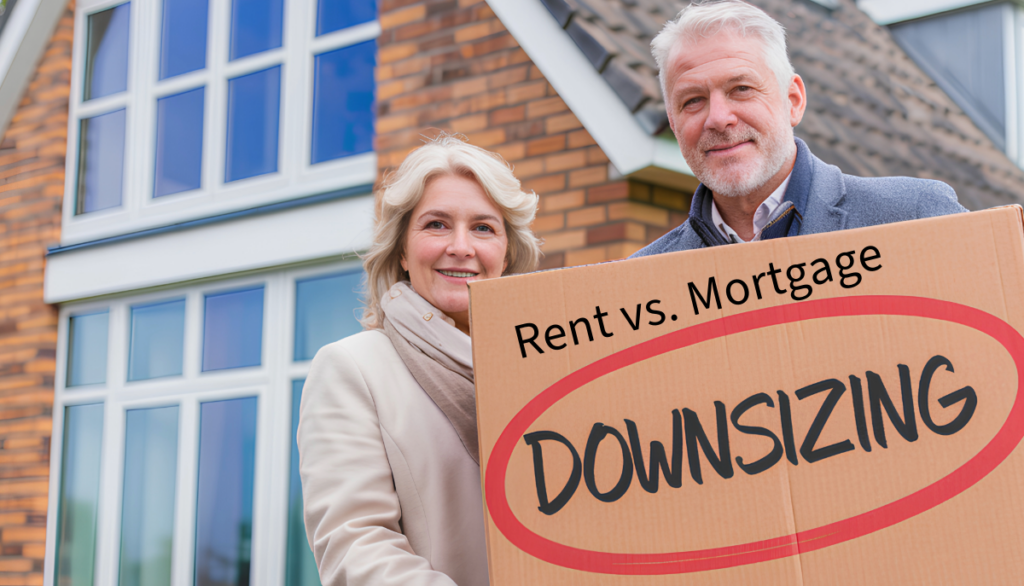
Alternatives to Selling Your Primary Home
If selling your home doesn’t feel like the right move, there are alternatives to consider.
Reverse Mortgages
A reverse mortgage allows you to access the equity in your home without having to sell it. This can be a good option for retirees who want to stay in their home but need additional income. However, it’s important to understand that reverse mortgages come with interest costs and will reduce the amount of equity you have in your home over time.
Home Equity Line of Credit (HELOC)
Another option is a Home Equity Line of Credit (HELOC), which allows you to borrow against the value of your home while retaining ownership. This can provide you with flexible access to funds without the need to sell your property. Comparing the interest rates of reverse mortgages and HELOCs can help determine which option is more cost-effective for your situation.
Case Study: John and Susan’s Story
John and Susan, a retired couple from Calgary, decided to sell their suburban home and move to a rental condo in the downtown area. With the proceeds from the home sale, they were able to fund their retirement lifestyle, including travel and pursuing hobbies they had always dreamed of. The transition wasn’t without challenges—downsizing to a smaller living space required some adjustments—but overall, they found that renting provided them with the flexibility and financial freedom they desired.
FAQ: Common Questions About Selling to Rent in Retirement
- Is it better to rent or own during retirement in Canada?
Renting offers more flexibility and eliminates maintenance costs, while owning may provide long-term financial stability and equity appreciation. The best option depends on your personal financial situation and lifestyle goals. - What are the tax implications of selling my home?
The sale of a principal residence is generally exempt from capital gains tax in Canada. However, there are other costs, such as realtor fees and legal expenses, to consider. - How can I ensure my rental is stable and affordable?
Look for rent-controlled properties or sign a long-term lease to provide stability. It’s also important to budget for potential rent increases. - What alternatives are there if I don’t want to sell?
Alternatives include reverse mortgages, which allow you to access your home equity without moving, or a HELOC, which provides flexible borrowing options. - How do I calculate the costs involved in selling?
Costs include realtor commissions (typically 4-5%), legal fees, and moving expenses. These costs can reduce your net proceeds, so it’s important to plan accordingly. - Are there government programs for senior renters?
Some provinces offer rental assistance programs for seniors, which can help make renting more affordable. - Will I still have enough money for healthcare if I rent?
Planning is key—set aside part of the proceeds from your home sale to cover future healthcare costs and ensure you have a financial cushion.
Conclusion: Is Selling Your Home the Right Retirement Choice for You?
Selling your home and moving to a rental can be a great way to unlock equity, reduce living costs, and gain flexibility during retirement. However, it is important to weigh the benefits and challenges carefully and consider your financial and lifestyle needs. While your mortgage broker can certainly help with any mortgage-related questions other experts will be your best sounding board when it comes to making this big of a financial decision. Consulting with immediate family members, financial advisors, and estate planners can help you make the best decision for your unique situation.
Alternative Options: Related Material
- Title Insurance: Proven Homeowner Protection in 2025 - July 8, 2025
- ID Requirements for a Mortgage in Ontario: What You Need to Know - July 2, 2025
- Low Appraisals: Steps Canadian Homeowners Can Take - June 27, 2025


